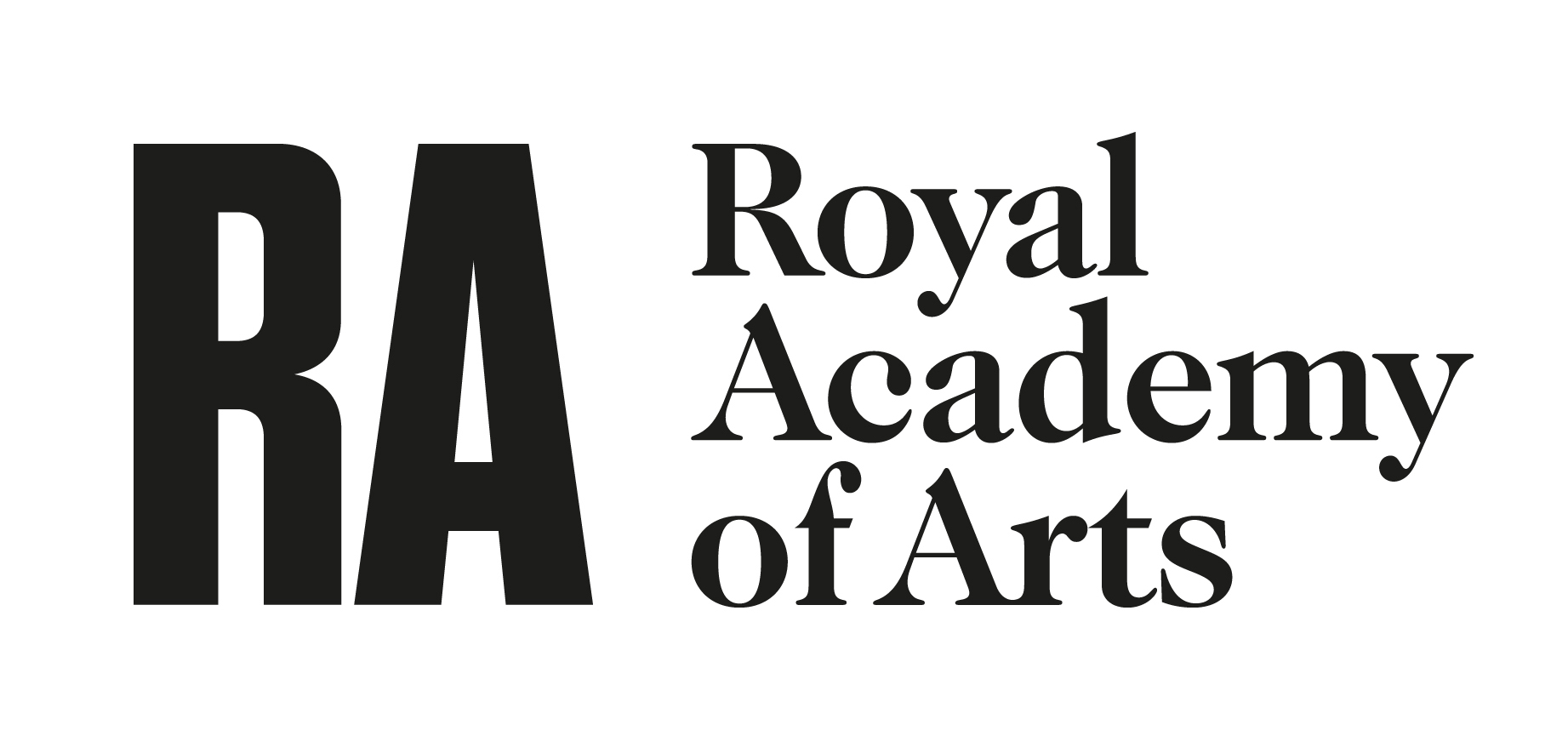No. 1 | Charity Governance
15 February 2021

In the first of a series of blog posts designed to stimulate debate on philanthropy – and positive action – John Studzinski puts charity governance on the front line.
–
Many charities are facing a new fight for survival as they suffer the consequences of Covid. When your focus is on the frontline, issues of governance can seem remote. The truth is that governance inhabits every aspect of a charity’s operation. It affects every stakeholder – trustee, donor, employee, volunteer, activist and, most important of all, beneficiary.
What exactly is governance? According to the National Council for Voluntary Organisations, it is the systems and processes that ensure “the overall direction, effectiveness, supervision and accountability of an organisation”. Looking from the sharper end, governance is about allocating resource in an astute and equitable way. In other words, making the best use of the precious time, talent and treasure that is available. Governance provides the foundation for a robust infrastructure and an efficient pipeline to distribute services. If governance is shaky, beneficiaries will inevitably lose out.
A charity, like a business, satisfies its stakeholders by concentrating on what it does best. Strong governance from a compact, purposeful board of trustees keeps it firmly on track. As a mosaic of talent, the board must be assembled with a clear and impartial eye. Trustees need to be highly engaged, collaborative and committed to transparency. They also need to be diverse in their expertise and representative of a cross-section of society.
Inevitably, the board will need to think about fundraising, but business disciplines should never slip off the agenda. When there are fires to be fought, good governance should not be left out in the cold. Ethics, financial management, the metrics of success, and planning for the future, whatever it may bring – these are all issues that are crucial to sustainability.
Governance looks like a big word, but it’s not just about the big picture. It makes a difference to every action a charity takes, every response it elicits and every person it touches.
Read other posts in the John Studzinski: The Philanthropist’s View series







